Optimal Timing for Hotel EIFS Repairs
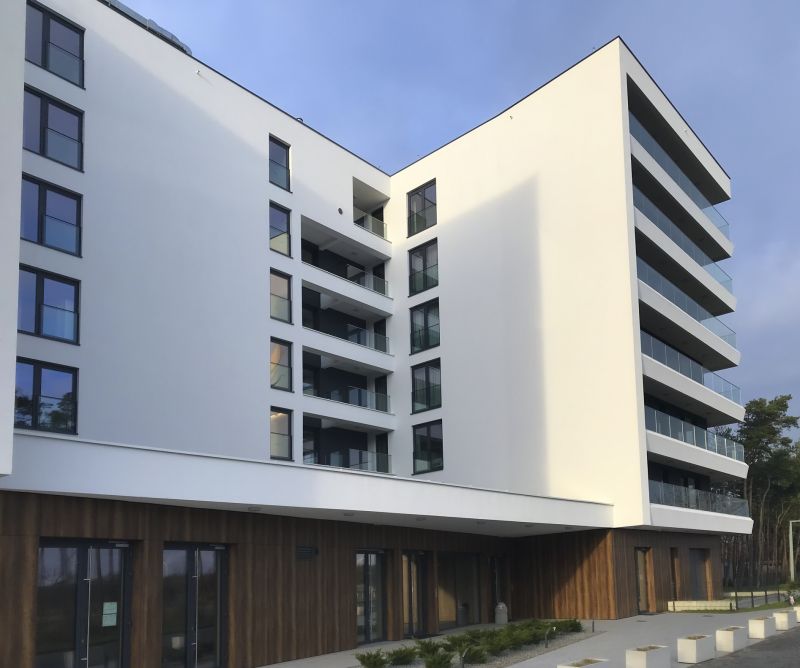
Spring offers moderate weather conditions, reducing the risk of weather-related delays during EIFS repairs.
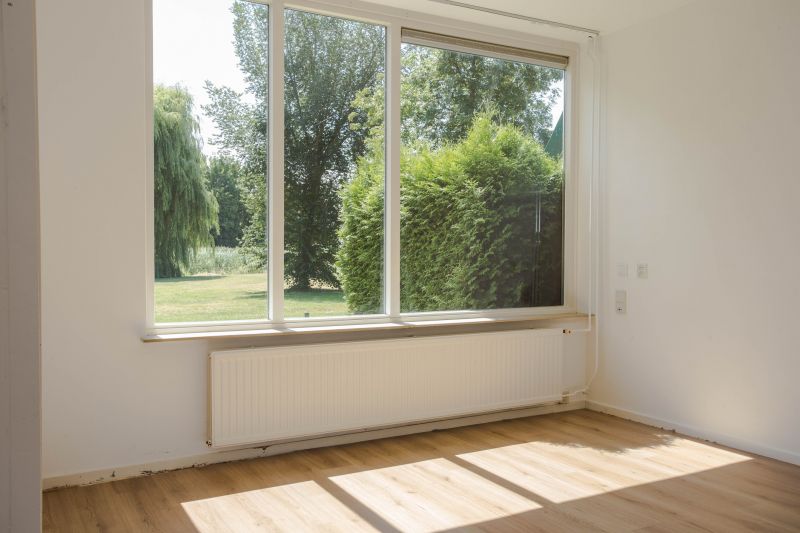
Summer provides longer daylight hours, enabling efficient project completion, but high temperatures may require additional planning.
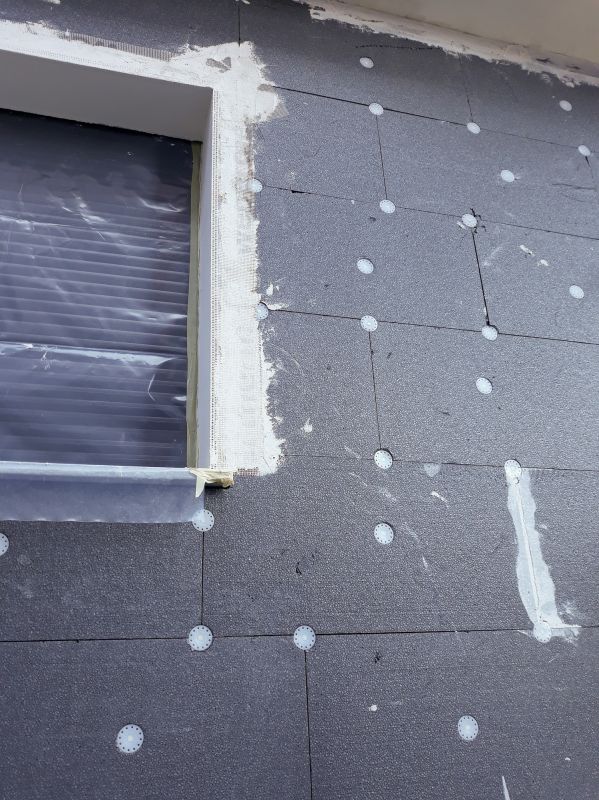
Fall typically features mild weather, making it an optimal time for EIFS repairs with minimal weather disruptions.

Ways to make Hotel Eifs Repairs work in tight or awkward layouts.

Popular materials for Hotel Eifs Repairs and why they hold up over time.
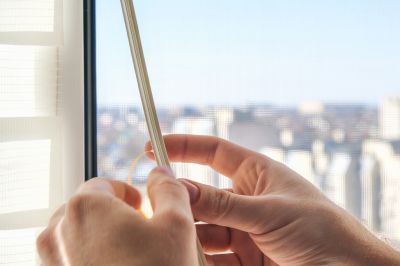
Simple add-ons that improve Hotel Eifs Repairs without blowing the budget.
Hotel Exterior Insulation and Finish Systems (EIFS) are a popular choice for enhancing building aesthetics and energy efficiency. EIFS involves applying a layered exterior cladding system that provides insulation and a finished surface. Proper timing for repairs ensures minimal disruption to hotel operations and optimal weather conditions for application. Typically, the best periods are during mild weather seasons, avoiding extreme cold or heat, which can affect adhesion and curing processes.
Statistics indicate that scheduling EIFS repairs during spring and fall can reduce project duration by up to 20%, due to fewer weather delays. Additionally, proper planning during these times can extend the lifespan of the EIFS system, reducing maintenance costs over time. Hotels should consider local climate patterns and avoid peak tourist seasons to minimize operational impact.

The process involves inspection, surface preparation, insulation application, and finishing, which benefits from stable weather conditions.

Extreme temperatures and precipitation can compromise adhesion and curing, making weather considerations crucial.

Coordinate repairs during seasons with predictable, moderate weather to ensure quality and efficiency.
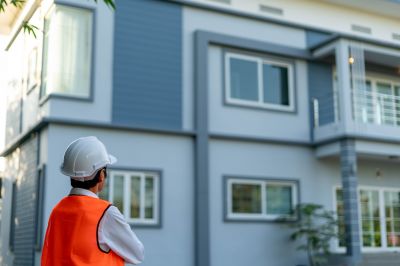
Regular inspections and timely repairs maintain hotel appearance and structural integrity.
| Season | Advantages |
|---|---|
| Spring | Moderate temperatures, longer days, minimal weather disruptions |
| Summer | Extended daylight, quicker project completion, but watch for heat |
| Fall | Mild weather, less rain, ideal for scheduling repairs |
| Winter | High risk of delays, extreme cold can affect application |
Choosing the appropriate season for EIFS repairs is essential for ensuring durability, aesthetics, and cost-effectiveness. Proper timing minimizes weather-related issues and allows for optimal application conditions. Consulting with EIFS specialists can help determine the best schedule based on local climate patterns and hotel operational needs.
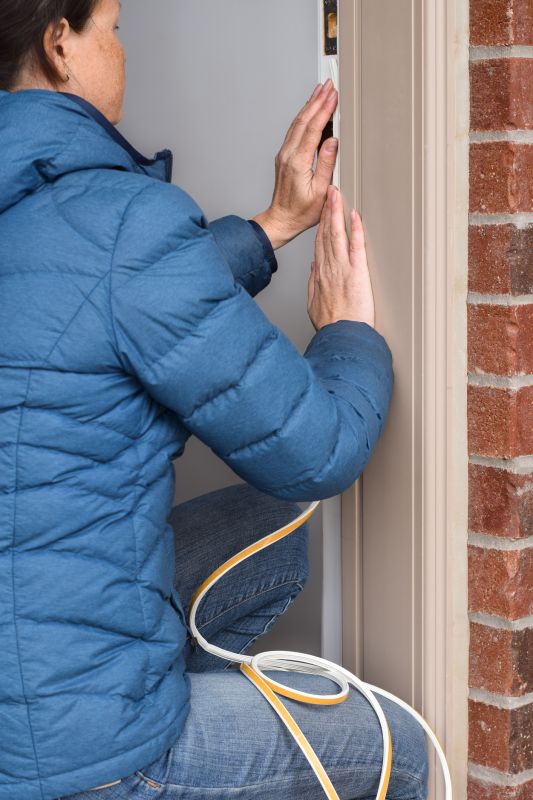
Understanding local weather helps optimize repair schedules for EIFS systems.

Proper surface cleaning and inspection are vital before applying EIFS during ideal weather periods.

Scheduling during less busy times reduces guest disruption and allows for thorough work.

Regular follow-ups ensure EIFS maintains performance and appearance over time.
Hotels planning EIFS repairs should consider local climate trends and hotel occupancy cycles. Early planning and choosing the right season can lead to smoother project execution, cost savings, and longer-lasting results. Properly timed repairs contribute to maintaining the hotel's exterior integrity and visual appeal.
Interested in EIFS repairs for a hotel property? Filling out the contact form can facilitate scheduling and ensure the project aligns with operational needs and seasonal considerations.
High-end options that actually feel worth it for Hotel Eifs Repairs.
Finishes and colors that play nicely with Hotel Eifs Repairs.
Little measurements that prevent headaches on Hotel Eifs Repairs day.



